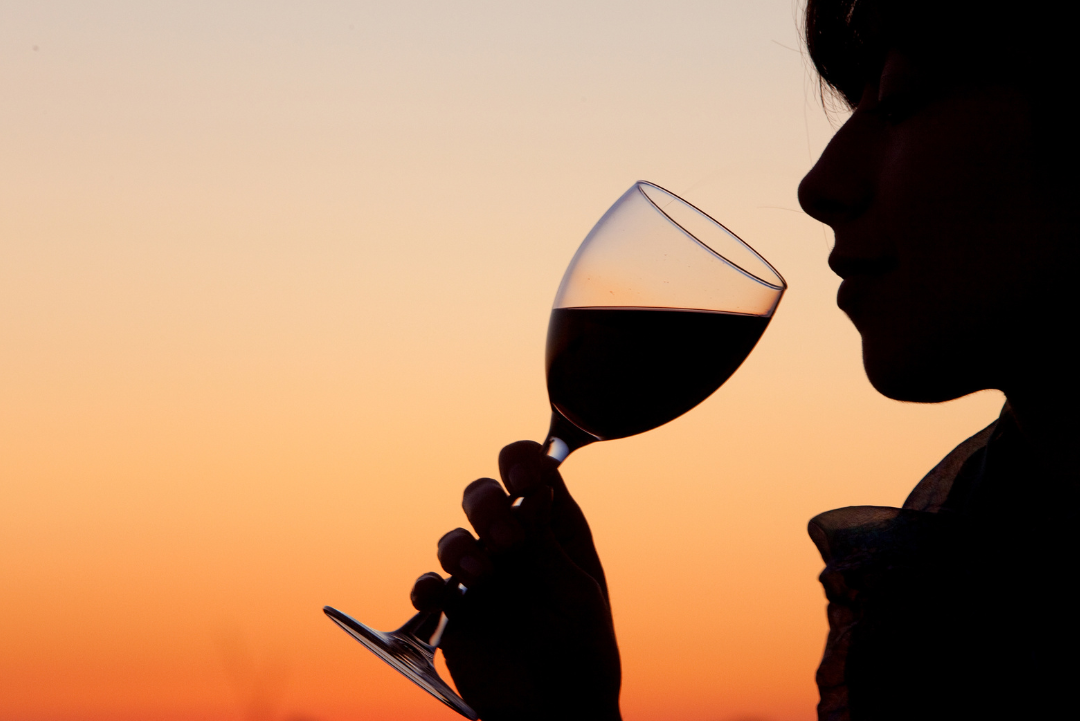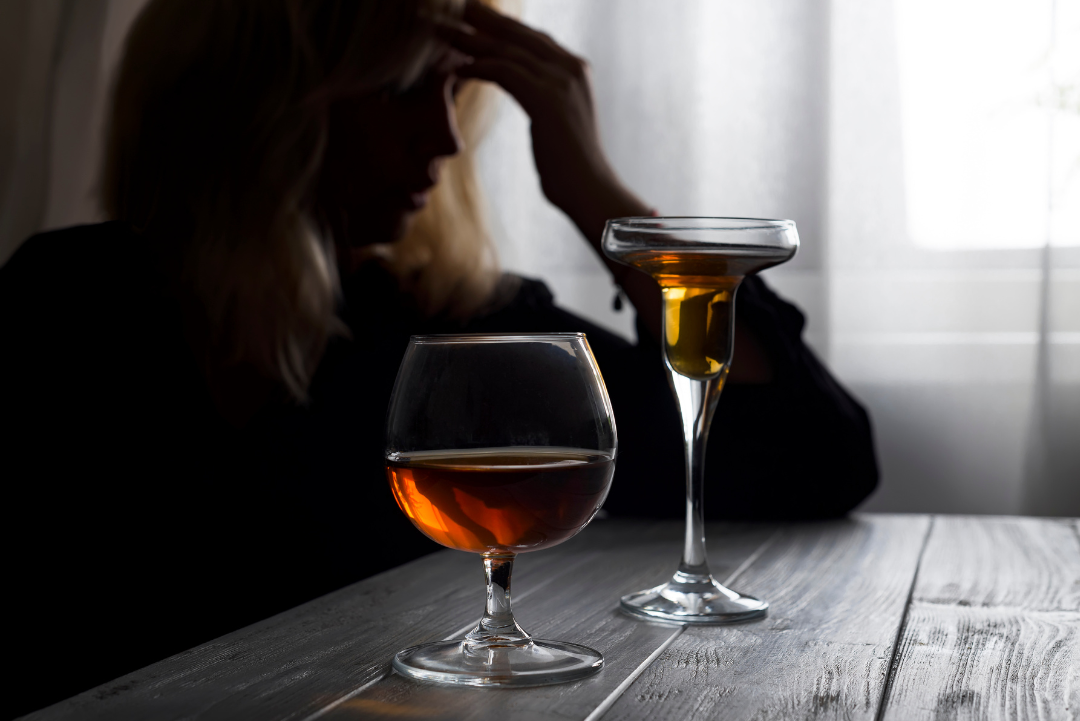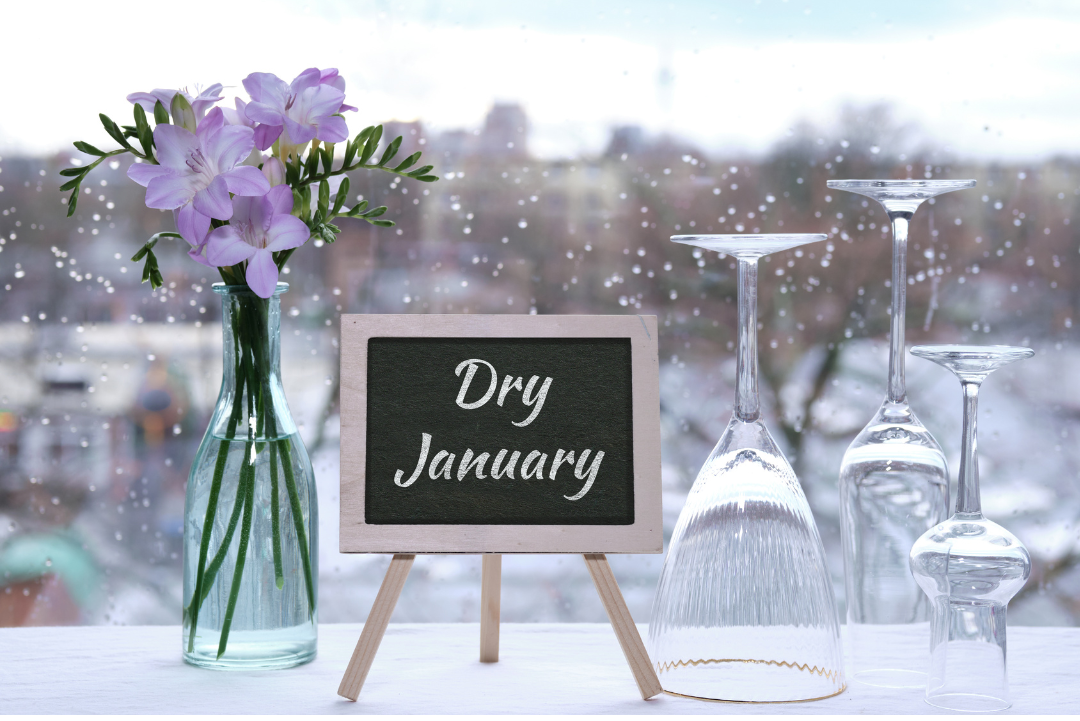Blog
Yes, Hangovers Get Worse as We Age. Here’s Why
Do hangovers get worse as we age? Yes! The days of bouncing back after a night out are replaced by prolonged headaches, nausea, and fatigue. Several factors are at play here, including changes in our liver function, enzyme activity, cumulative effects of long-term drinking, and hormonal shifts in women. Alcohol exacerbates the symptoms of menopause, making it almost impossible to drink even the smallest amount and not feel the effects.
Understanding and Navigating the Three Stages of Sobriety to Create Your Best Life
There is absolutely no denying it – the early part of sobriety is the hardest in terms of those physical cravings. It’s a time of headaches, cravings, and feeling like alcohol is all you can think about. This is Stage One of sobriety, and it’s exhausting. However, Stage One passes. It gets easier. There are three distinct stages of sobriety. Understanding these stages can help you navigate the path to a healthier, alcohol-free life.
Let me show you the three stages of sobriety and how to get through each one.
If You Have to Take a Month Off Drinking in July, Do You Have a Problem?
As July fast approaches and many Australians brace themselves for a month off alcohol, maybe we need to shift the focus to not just taking a month off from drinking, but using that month to reflect on our habits, behaviour patterns, and mindset around alcohol.
Why Setting Boundaries is Essential in Early Sobriety (And How to Do It)
A lack of boundaries and grey area drinking go hand in hand. Without boundaries we often feel overwhelmed, exhausted, resentful, angry, tense, and frustrated. These feelings are signs that our boundaries are weak or non-existent. We might be taking on too much at home or at work. We are giving more of our time and energy to everyone else, and our own needs are coming last. At the end of the day, when we are exhausted, wine takes the edge off these feelings (temporarily). Grey area drinking works in a cycle of hard, exhausting days, followed by drinking to unwind.
How Sobriety Boosts Workplace Efficiency: The True Cost of Hangovers
We’ve all been there - feeling the aftereffects of a night of drinking. Hangovers bring headaches, fatigue, poor concentration, and overall sluggishness, making it almost impossible to do our best work. When employees come to work with a hangover, productivity drops, deadlines can be missed, and the quality of work suffers.
A study by the British Medical Journal found that hangovers can reduce productivity by as much as 12% the day after drinking. In the US, hangover-related productivity losses cost employers an estimated $77 billion annually.
Women and Midlife Fatigue: What Is Going On (and is alcohol making it worse)?
You may have asked yourself: Why am I constantly tired? Why does midlife feel like a fog of fatigue? And is alcohol making it worse? The answer is: Yes, alcohol makes midlife fatigue worse by impacting our sleep, hormones and overall wellbeing and vitality. In a nasty cycle, when fatigue becomes overwhelming, many of us turn to alcohol to cope and ‘lift’ our energy and mood.
Alcohol then worsens the fatigue and creates a cycle of dependence. Understanding the connection between midlife fatigue and alcohol is crucial for managing both effectively.
The Dark Side of Mummy Wine Culture: Why We Need to Rethink How We Celebrate Mother's Day
Mother's Day is here again and with it a bold display of Big Alcohol targeting women. Mummy Wine Culture is normalised, justified, and celebrated with special Mother’s Day offers that all seem to come with a glass of bubbles. The message to everyone (and alarmingly little girls) is this: Mum needs wine.
5 Years Alcohol Free: Here’s How I Feel
I’ve been 5 years alcohol free. Wow. That's half a decade of living life without alcohol. For the champagne-loving, cigarette-smoking version of me from the past, this is so hard to believe. And not just that, I don’t miss it one bit!
Perimenopause and Alcohol: The Cravings Are Real. Here's Why.
Perimenopause and strong cravings for alcohol – yes, it’s a Thing. Alongside all the well-known symptoms like hot flashes and mood swings, cravings for alcohol are more prominent in so many of us at this time. If you've found yourself craving alcohol more during perimenopause, you're not alone. Here’s what’s going on, and how you can navigate increased alcohol cravings during perimenopause.
Alcohol-Free Holidays: How to Have Them and How to Love Them
I used to think alcohol-free holidays would be BORING. In fact, I rarely even imagined a holiday without late afternoon boozing in the sun, and nights drinking copious amounts of wine. Did I want to go on alcohol-free holidays? No. Did I end up LOVING alcohol-free holidays when I finally quit drinking for good? Yes.
What’s Your Alcohol-Free Fun Plan? And Why You Need One
When we take alcohol out of our lives, we need to add more fun in. If alcohol has been our main source of fun for years, then we need to replace it with activities, events, and people that light us up and make life more enjoyable. Otherwise, we start thinking an alcohol-free life is boring, flat, and uninspiring – and that’s just not the case.
5 Signs Alcohol Is Exacerbating Your Menopause Symptoms
From hot flashes and mood swings to interrupted sleep, menopause symptoms are exacerbated by drinking alcohol. In perimenopause, menopause and post-menopause, hormone levels change dramatically and so do the enzymes that process everything we eat and drink. As we age, women have smaller amounts of alcohol dehydrogenase, an enzyme that metabolises alcohol in the stomach.
That means women absorb more alcohol (than men) into their bloodstream. Symptoms of menopause are then exacerbated like hot flashes, mood swings and insomnia. Even bone density.
Why Do People Try to Derail Your Sobriety? And What to Do
When you quit drinking, it feels like people will go out of their way to question you. But why? For how long? Why would you? Some will even try to derail your efforts. They’re used to you showing up for them in a certain way (often as a drinking buddy) and it doesn’t suit them when you change. It can be confronting to them that you are changing your relationship with alcohol - when they can’t.
So, why do partners, loved ones, friends, colleagues or even neighbours try to derail your sobriety?
Going Alcohol-Free in January? Here’s What NOT To Do
If you’re going alcohol-free in January, there’s a lot you can do to set yourself up for success. You can write down your Why, tell your friends and family, and stock the fridge full of delicious AF drinks. You can clear your calendar of boozy events and start thinking of ways to treat yourself – without alcohol. Then there are the things I would encourage you NOT to do…
How to socialise sober this Christmas
Are you wondering how the hell you’re going to manage your first Christmas without booze? And with that comes all the questioning from friends and family. ‘Why aren’t you drinking?’ or ‘Just have one’ or ‘Don’t be so boring – it’s Christmas’. Well - read on for all my top tips around socialising without booze this Christmas and still having a GREAT time!
It’s my 5th Sober Christmas – Here’s How I Feel
It’s my fifth sober Christmas and the way I feel surprises me. I feel overwhelmingly grateful for the decision I made in April 2019, to remove alcohol from my life altogether.
My last boozy Christmas was in 2018 when my drinking was at its highest. I was looking for giddy oblivion, but it didn't come. I was drinking more and more to get the high I craved but I just didn't get there. In hindsight my body was tired and tolerant after an alcohol-fueled lead-up to Christmas Day.
What Our Kids Actually Think About Our Drinking: Why it helps to change how we role model alcohol
When it comes to parenting and drinking: The kids are watching. We may think a glass of wine in the afternoon or a rush to get them to bed so we can ‘relax’ is going unnoticed by the kids - but it isn’t. So, how does our drinking impact our kids? And why is it helpful to change how we role model alcohol to young teens?
How To Use Sobriety to Support Your Nervous System This Christmas
Christmas often arrives with a whirlwind of festivities, expectations, and an overwhelming To Do list. The pressure to create the ‘perfect’ celebration can leave us feeling stressed and drained. Let's embrace a different approach — one that prioritises sobriety, and self-care. It's time to take a few things off our plates, forget about unrealistic expectations, and make space for a Christmas that nourishes our wellbeing.
Connection, Women, and Oxytocin: Why They Are Linked and Why It Matters
Connection is a fundamental human need, and women have a unique relationship with it. The hormone oxytocin, often referred to as the "love hormone" or "bonding hormone," is profoundly boosted when women connect with each other. Understanding the link between emotional and physical connection, women, and oxytocin, is incredibly important for our wellbeing.
Are You Sick & Tired of Feeling Sick & Tired? How Women Can Reclaim Their Energy & Create Fuller, More Fulfilling Lives
In a recent poll of my online community, I asked what the obstacles were to them living their best lives. Three things became clear: they lack self-belief, and they are drained of energy and motivation. They are feeling fed up and exhausted. Being a modern working woman puts a slow and steady drip on our energy and confidence. We sometimes don't even realise we've become a shell of ourselves until it becomes our new 'normal'. So, how can women fight this fed up feeling and reinvigorate our confidence and our lives?




















